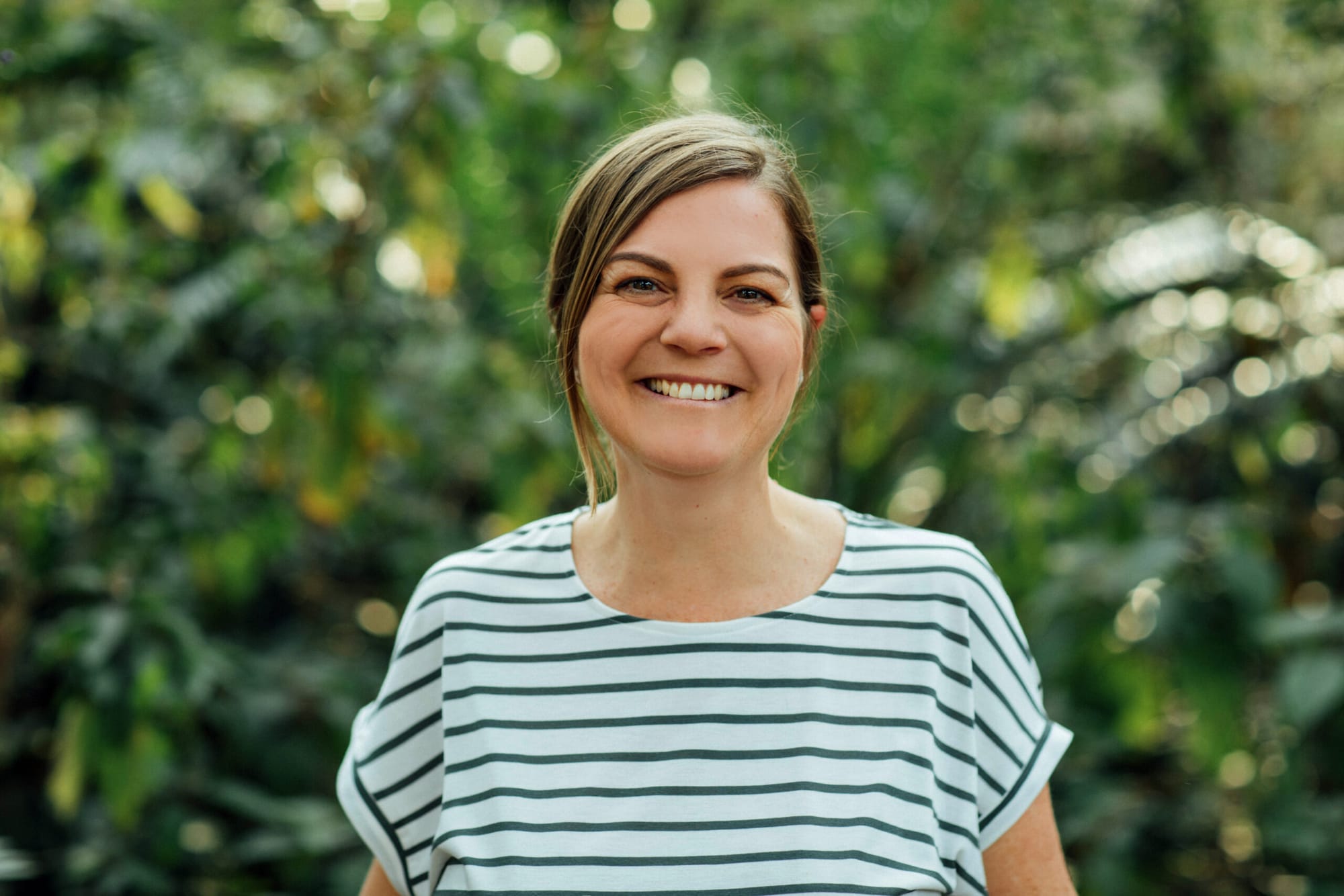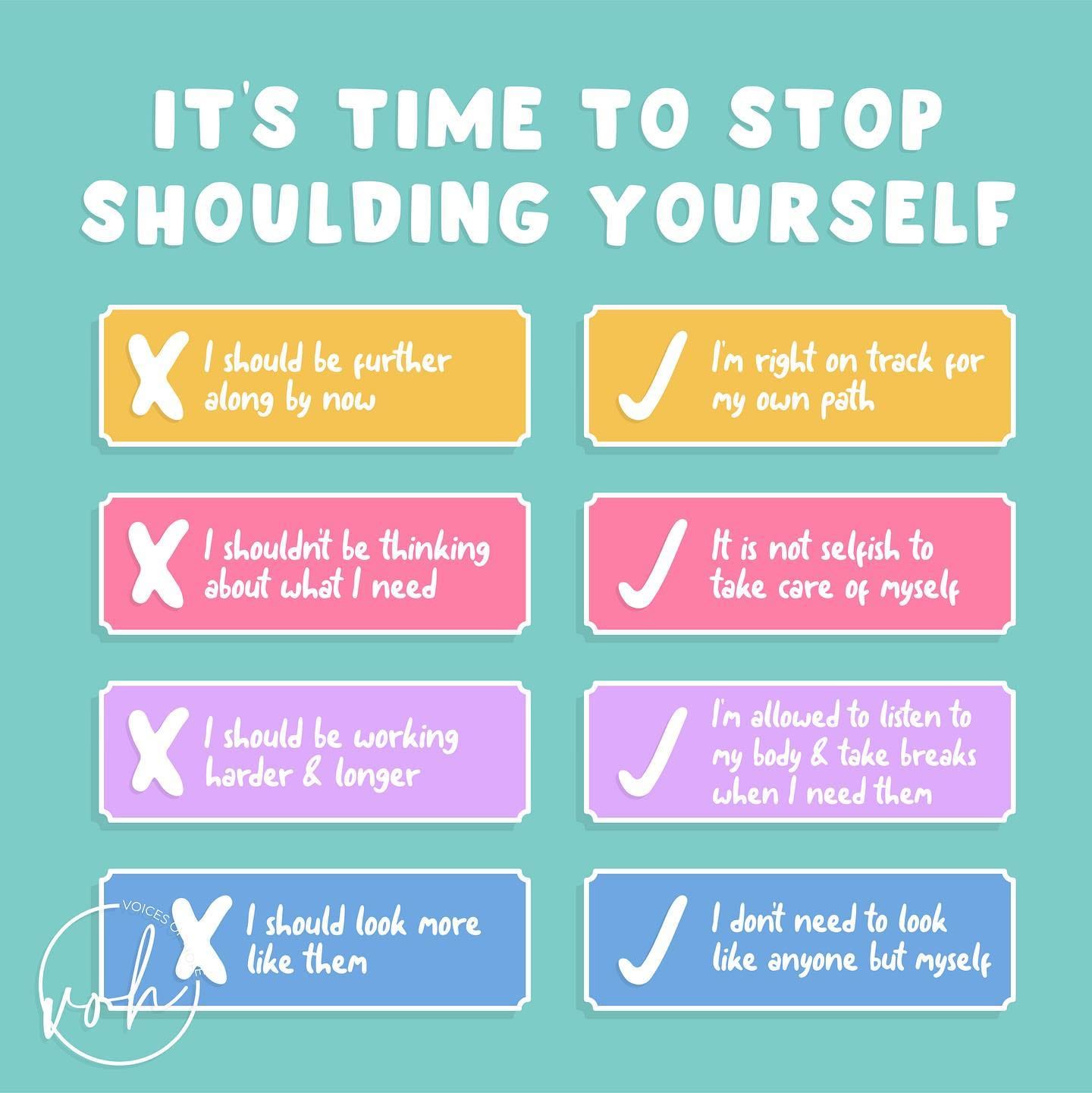Being Deeply Human
Reflect on embracing imperfection, setting realistic expectations, and fostering self-compassion in life, parenting, and personal growth.
Hello! I feel like I need to introduce myself again, it’s been a while.

I’ve missed being here on the blog regularly, I really have. I have written many, many (fabulous) blogs in my head and not written a single one down. Sometimes the flow is just there, because I am able to make space for it, and sometimes I am just doing other things.
I am embracing being deeply human.
Thank you to Lisa Dion – Synergetic Play Therapy founder – for this language that I have found incredibly freeing. I have been taking her Synergetic Play Therapy intro course online, and this is one of the most profound things she talks about in module 2 through posing these questions:
Can we settle for being deeply human? Can we just keep the bar we set for ourselves and others at human?
This has led me to reflect on what I expect of myself, and what I expect of others. Those expectations that arise couched in judgmental “should” language.
We’ve told ourselves that being human is an excuse for not doing what we or others “should” be doing.
Being human is not an excuse; it is recognising that there are times when our human needs take precedence over the need to look good or succeed.
Comparison plays a huge part in the “shoulds” we put on ourselves. The truth is, each person has different capacity, different passions and values, varying resources available to them, and are in totally different emotional spaces. If someone else’s output is more prolific than mine, maybe a question would be what is the price they pay for what they are achieving? Every achievement represents a cost to self – it may totally and completely be worth it, or not. What is the price I am willing to pay to achieve something, and how do I keep my humanity at the core of that?

Set the bar at human, not perfect
“It may seem counter-intuitive, but one of the biggest barriers to working towards mastery is perfectionism. In our leadership research, we’ve learned that achieving mastery requires curiosity and viewing mistakes and failures as opportunities for learning. Perfectionism kills curiosity by telling us that we have to know everything or we risk looking ‘less than’. Perfectionism tells us that our mistakes and failures are personal defects, so we either avoid trying new things or we barely recover every time we inevitably fall short.”
Brene Brown in Atlas of the Heart (2021)
Here’s my takeaway from this quote: you can’t achieve mastery (an inner sense of competence) without fully being your imperfect human self!
Be a human parent
Did you know, in attachment theory it is found that you only have to be attuned to your child 30% of the time for you and your child to have a positive attachment relationship? Of course, this is in the context of providing love and safety within a caring environment. One cannot be abusive 70% of the time and attuned the other 30% and still expect a healthy attachment relationship.
And then there is the concept of “good enough” parenting – that no one need be or can be a perfect parent, but one can do their best and be good enough. There is permission to make mistakes, to miss your child’s cues, but within the context of love and care, be good enough.

Invitation to self-reflection
Being deeply human looks different to you than me because we are fundamentally unique. These are some of my reflection questions around this right now – they may be useful to you:
- What do I need to do to consistently recharge my energy levels on a daily and weekly basis?
- Where am I expecting more of myself than I can give?
- Am I compromising value boundaries to please others?
- Who am I made to be in this world and how does that help guide me towards my priorities?
- What are my expectations of myself, really? It may help to write them down and critically examine them, thinking about what is realistic and what is not.
Thanks for being here, go and enjoy being your uniquely, flawed human self!